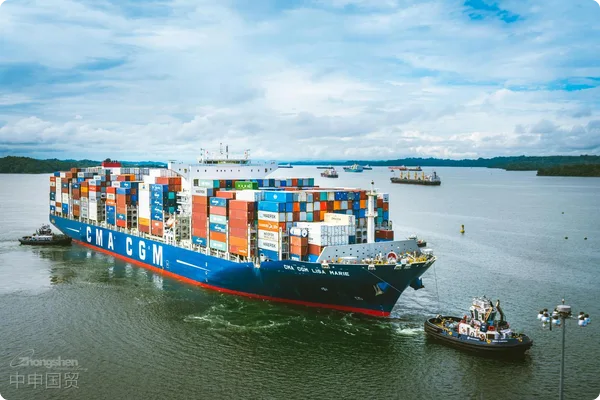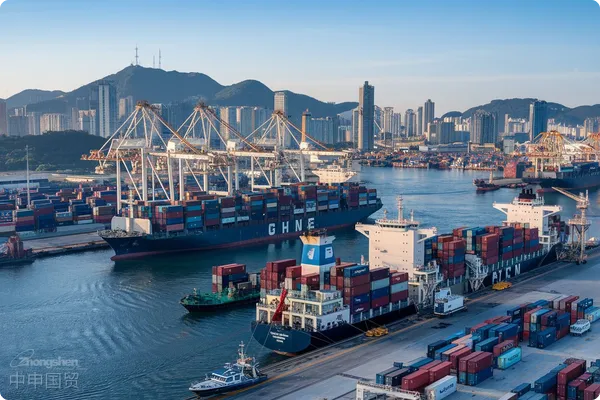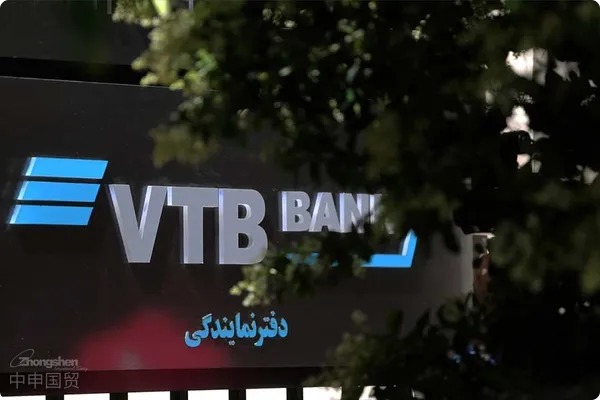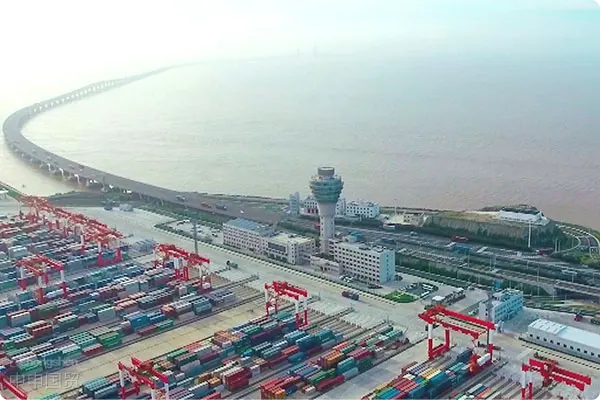- Shanghai Zhongshen International Trade Co., Ltd. - Two decades of trade agency expertise.
- Service Hotline: 139 1787 2118
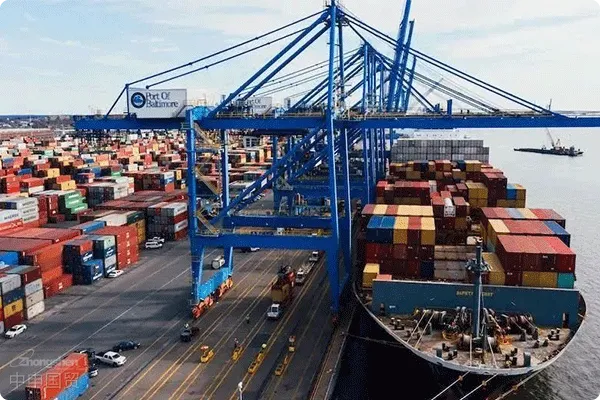
Precision agricultureequipment. For example, Indonesia has the SNI certification, Thailand has the TISI certification, and the Philippines has the BPS certification. It is necessary to confirm in advance the equipment voltage (such as 380V/50Hz in Thailand), the compatibility of the CE certification, and the proof of environmentally friendly materials.Necessity
As global agriculture moves towards efficiency and sustainability, precision agriculture technologies have become key to enhancing productivity and reducing environmental impact. Importing advanced precision agriculture equipment such as GPS navigation systems, drones, and automated irrigation systems has become a top priority for many agricultural enterprises.
Detailed import process
Importing precision agriculture equipment involves multiple steps, each requiring professional knowledge and meticulous planning. The main import procedures are as follows:
- Market research and supplier selection: Understand equipment technology levels and prices in different countries, and select reputable suppliers.
- Compliance Checks: Ensure equipment complies with the technical standards and regulatory requirements of the importing country.
- Logistics Arrangement: Select appropriate transportation methods, considering equipment size, weight, and sensitivity.
- Tariff and tax planning: Understand and calculate relevant taxes and fees to optimize costs.
- After-Sales Service and Support: Ensure effective equipment installation, operation training, and maintenance services.
Choose professionalforeign tradeAdvantages of Agency
Professional foreign trade agency companies can provide comprehensive support from market research to after-sales service, with specific advantages including:
- Professional Knowledge: Familiarity with international trade rules and customs procedures to reduce potential risks.
- Resource Network: Extensive network of suppliers and logistics partners to ensure optimal pricing and services.
- Customized solutions: Personalized import strategies tailored to clients specific needs.
Case Study Analysis
Through a concrete case, we can see how professional foreign trade agencies help clients successfully import precision agriculture equipment:
- Case Background: A Chinese agricultural enterprise needed to import an advanced drone system from Germany.
- Solutions: The foreign trade agency conducted detailed market research, selected suitable suppliers, and handled all customs and logistics matters.
- The total cost was reduced by 12%, and the order was delivered on time.: The equipment arrived smoothly, and the enterprise received necessary technical support and training, significantly improving agricultural production efficiency.
Conclusion
Importing precision agriculture equipment is a complex but worthwhile process. By choosing experienced foreign trade agencies, enterprises can ensure smooth procedures, maximize return on investment, and promote the modernization and sustainable development of agricultural production.
Related Recommendations
? 2025. All Rights Reserved. Shanghai ICP No. 2023007705-2  PSB Record: Shanghai No.31011502009912
PSB Record: Shanghai No.31011502009912
